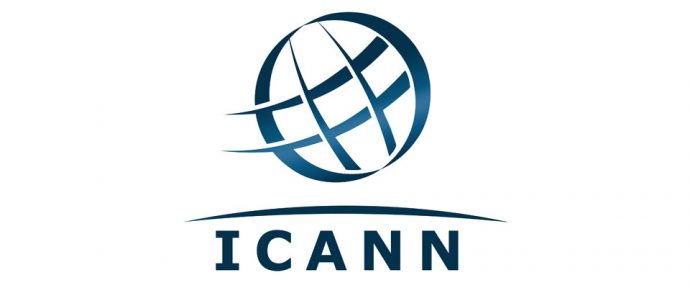Here is Bill Kassel writing at American Thinker:
You’re probably appalled at the American media’s shameless whoring for Hillary Clinton, asking yourself why they would so thoroughly debase their much-touted journalistic ethics. President Obama has answered that question.
As reported by Agence France Presse, during a recent speech in Pittsburgh he postulated:
We are going to have to rebuild within this wild-wild-west-of-information flow some sort of curating function that people agree to.
There has to be, I think, some sort of way in which we can sort through information that passes some basic truthiness tests and those that we have to discard, because they just don’t have any basis in anything that’s actually happening in the world.
Set aside the outrageous, un-American gall in proposing that any central authority should “curate” information put out to the public, and walk with me for a minute down a meandering path of speculation.
It is, or course, the World Wide Web in which Obama’s informational “wild-wild west” exists. This is the realm of Breitbart, Cybercast News Service, the Drudge Report, World Net Daily, American Thinker, and other non-establishment outlets that persist in making the president uncomfortable.
And what has happened recently to affect the World Wide Web? The U.S. government has handed over control to ICANN (Internet Corporation for Assigned Names and Numbers), the nonprofit agency that assigns website domain names.
Is it in the president’s mind that ICANN might someday assume the “curating function” he sees as necessary to insure “truthiness” in web-based news reporting?
Well, according to ICANN Board Chair Stephen D. Crocker, diverse membership in the organization makes such a thing unthinkable. Quoted by the tech site C/NET, Crocker said:
This community validated the multistakeholder model of internet governance. It has shown that a governance model defined by the inclusion of all voices, including business, academics, technical experts, civil society, governments and many others is the best way to assure that the internet of tomorrow remains as free, open and accessible as the internet of today.
Read more: American Thinker

